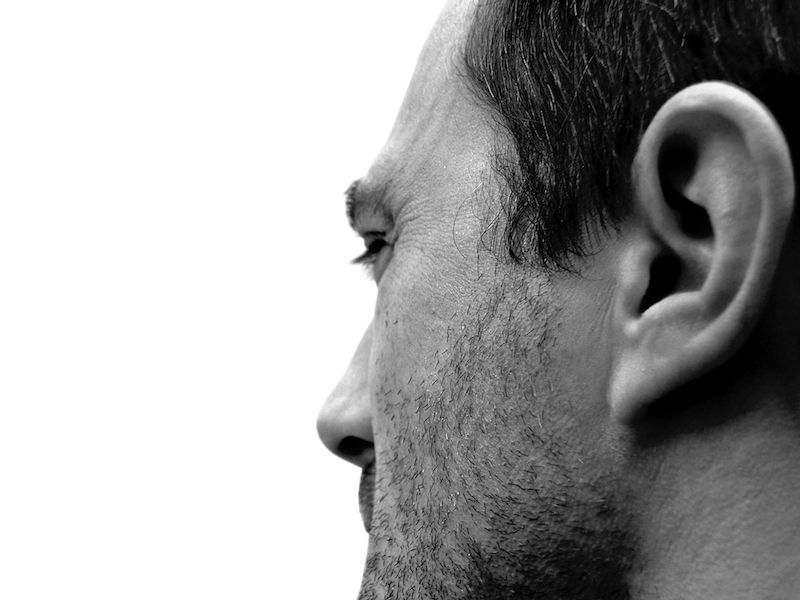
Tinnitus symptoms are hardly ever constant; it seems to be difficult to identify when and why these sounds occur. At times, it seems like, for no recognizable reason what so ever, your ears just begin buzzing. No matter how much you lie there and contemplate the reason why you’re hearing this buzzing, you can’t come up with any triggers in your day: no loud music, no screeching fire alarms, nothing that could explain why your tinnitus chose 9 PM to flare up.
So maybe it’s the something you ate. We don’t generally think about the connection between hearing and food, but there’s a bit of research and evidence to suggest that certain foods can make tinnitus worse. In order to steer clear of those foods, it’s important to recognize what they are.
Some Foods That Trigger Tinnitus
So let’s get right down to it. You want to recognize which kind of foods you should stay away from so you can make sure you never have to experience one of those food-generated tinnitus episodes again. Here are some foods to avoid:
Alcoholic Drinks
Alcohol and tobacco should be at the top of the list of items to stay clear of. Alright, okay, “tobacco” isn’t necessarily food, but if you want to decrease tinnitus attacks (and the severity of those episodes), you’ll abstain from drinking and smoking as much as you can.
Your general health can be significantly impacted by alcohol and tobacco specifically your blood pressure. The more you drink (and smoke), the more likely a tinnitus flare up will be.
Sodium
One of the best predictors of tinnitus flare-ups is your blood pressure. When your blood pressure rises, your tinnitus becomes worse. That’s the reason why sodium should definitely be on your list of food foods to avoid. Whether you love french fries or just put salt on everything, you’ll want to ease up a lot.
There are some foods that you don’t usually consider to be high in sodium such as ice cream. But to prevent any sudden tinnitus episodes you will need to keep track of sodium content.
Fast Food
If you’re steering clear of sodium, it should come as no shock that you should also be avoiding fast food. The majority of fast-food places (even the ones that claim they are a healthier choice) serve food that is packed with salt and fat. And, of course, your blood pressure and your tinnitus will be adversely affected by this kind of diet. Let’s not forget the giant drinks they serve which are extremely high in sugar. Yes you guessed it, sugar is next on this list.
Sweets And Sugars
Candy is something that we all enjoy. Well, maybe not everyone, but most of us. There is a very small percentage of the population that would actually prefer vegetables. We try not to pass judgment.
Unfortunately, the glucose balance in your body can be significantly disrupted by sugar. And as you’re trying to go to sleep at night, a little disturbance to that balance can mean a lot of tossing and turning. In the quiet of the night, as you lie there awake, it becomes a lot easier to start to hear that ringing.
Caffeine
So, we saved this one for last because, well, we get it. This is the one we’re least pleased about having to give up. But your sleep cycle can be dramatically affected if you drink any caffeine late in the day. And your tinnitus is more likely to appear if you don’t get quality sleep.
It’s really the lack of sleep, not the caffeine that’s the issue. Drink your coffee or tea in the morning, and switch to a non-caffeinated beverage before dinner.
What Are Your Smartest Practices?
This list is by no means comprehensive. You’ll want to consult your hearing professional about any dietary modifications you might need to make. And it’s worth remembering that everyone will be impacted differently by dietary changes, so it may even be worth maintaining a food journal where you can keep track of what impacts you and by how much.
Going forward you will have an easier time making practical choices if you recognize how particular foods affect you. When you start to track what you eat, and what happens to your ears subsequently, you may start to notice patterns, and that can take some of the mystery out of your tinnitus symptoms.
If you have that evening of coffee, at least you know what you’re in for.